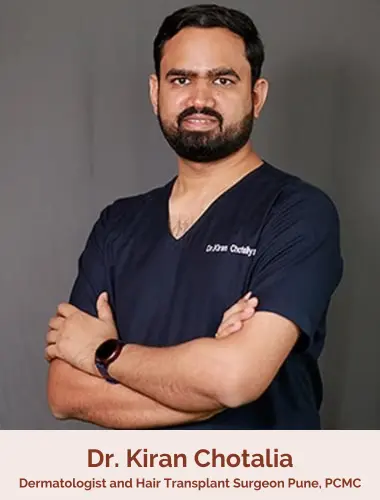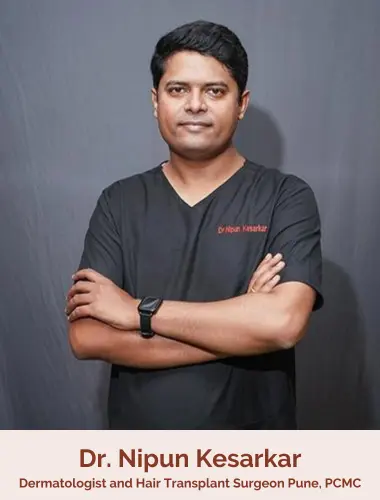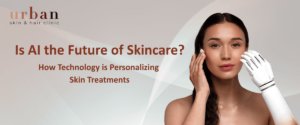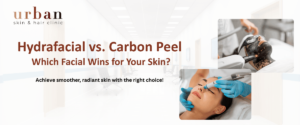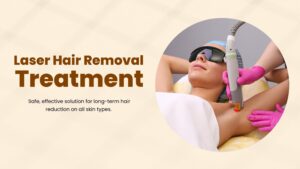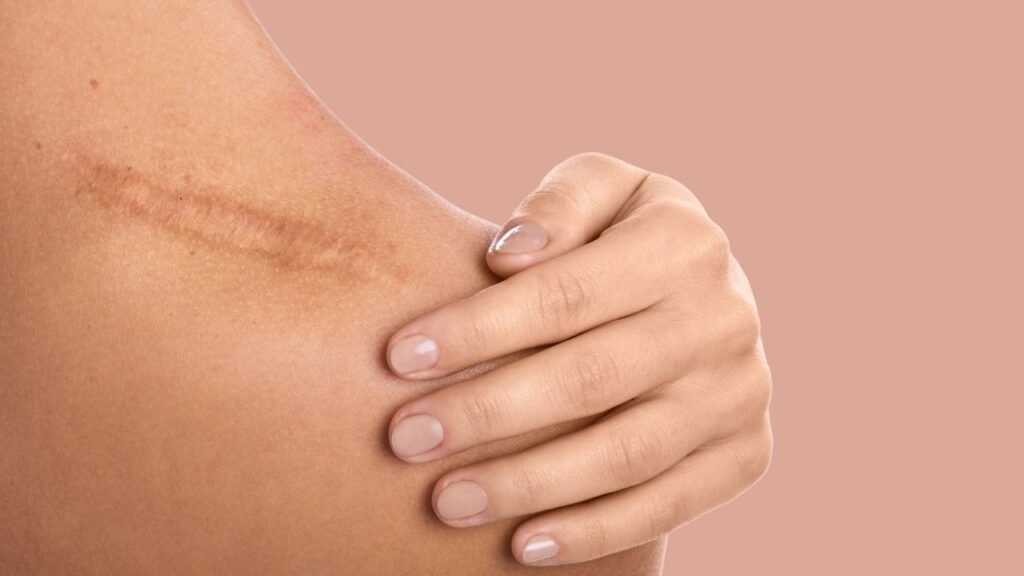Why are Pimples coming on the face?

Table of Contents
Pimples are skin swellings that are produced by clogged pores. They may also be known as blemishes or zits. Acne is a skin condition marked by recurrent pimples or a multitude of them. Before zits develop, there are many methods to treat them, and after zits appear, there are a few choices for dealing with them.
Call Our Specialist
Causes of pimples
Acne is a skin disease characterized by pus-filled zits appearing in the afflicted region. Oil, debris, or bacterial invasion may all clog skin pores, resulting in acne. They may appear on your back, chest, or shoulders, among other places.
Let’s take a look at the most common causes of acne and pimples, as well as some fast fixes.
- Changes in Hormones: One of the most common causes of pimples is fluctuating hormone levels. Cystic acne on the chin, neck, and face may result from a hormonal imbalance during the menstrual cycle or adolescence.
- Excessive Sebum Production: The creation of too much sebum is another common cause of pimples. Under the skin, sebaceous glands generate sebum, which lubricates the skin and hair. Sebum may clog your skin pores when the glands are overactive, resulting in pimples.
- Dead Skin: Old cells are continually sloughed from our skin to make room for new ones. Pimples form when dead skin cells get entrapped in the skin’s pores. Excess oil may make the problem worse by keeping dead skin firmly attached to the pores.
- Sensitivity to Testosterone: The elevated amount of testosterone in your body may be one of the major reasons for acne on your face. Androgens, which are male hormones, including testosterone, have been associated with breakouts. Excess sebum is produced when the sebaceous glands are activated. It makes it more likely that your pores will get clogged, which will lead to acne.
- Dietary Factors: Face pimples may be caused by a variety of factors, including diet. Excessive consumption of fatty or quick meals may lead to increased bodily oil visible on the skin. Overeating baked goods and sugary treats may also block your digestive system and cause it to become overloaded with toxins. Because of the hormones contained, milk and dairy products may also cause acne in certain people.
Treatment options you can consider
Picking, squeezing, or otherwise popping a pimple is not recommended. By doing so, you’re spreading the acne-causing germs and increasing your chances of getting an infection or leaving a scar.
Instead, try these pimple-fighting strategies:
- Use a mild cleaner on the afflicted region. With a clean cloth, pat the affected area dry.
- Try to dry out the zit using topical therapy. Tea tree oil, benzoyl peroxide, and salicylic acid are all examples of topical therapies for acne scars. To get to the pore and oil build-up underneath the pimple, apply with clean hands to the pimple and the surrounding region.
- If there are no over-the-counter spot treatments available, a person may turn to natural therapies. To illustrate, make a paste using crushed aspirin and a little quantity of water. Calamine lotion, on the other hand, may aid in the process of drying out the blemish.
- Consider using specialist spot treatments or masks on the pimple itself. Clay masks for acne scars or acne “dots” are good examples. Tea tree oil or salicylic acid are common ingredients in acne dots, which are blemish-covering patches.
- A medicated concealer or a drying cosmetic lotion may be used while waiting for the pimple to fully disappear. Ingredients like salicylic acid or benzoyl peroxide are included in these products, which help treat the blemish as it heals.
Remember, before trying any of these treatments, consult a dermatologist. The treatment is based on the cause, and your doctor will suggest the best treatment based on the same.
If these methods don’t work, he may also suggest some advanced medical treatments like laser therapies, chemical peels, etc.
Conclusion
A dermatologist may examine your skin in more detail if your doctor refers you to one. Home cures and over-the-counter (OTC) medications may often help you get rid of pimples, even persistent ones. Prescription medication may be prescribed by your doctor if over-the-counter treatments fail to clear up your zit problem.
If you are confused about where to start, you can simply book an appointment and talk to our experts.
Recent Posts
Our Expert Doctors
